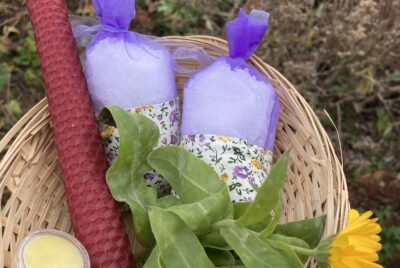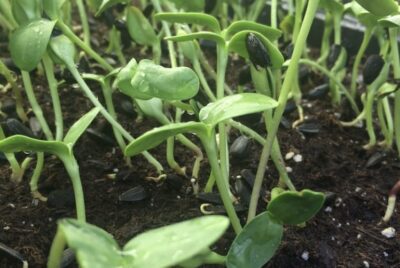RESEARCH
Nature Therapy: An Essential Prescription for Health
Summary
This is an interview with Dr. John La Puma, who advocates for nature therapy as a crucial element for improving health and well-being, placing it alongside nutrition and exercise as a key lifestyle intervention. He argues that while we recognize the negative health impacts of pollution, interacting with nature offers significant positive effects, citing studies that show benefits like improved memory, concentration, lower stress hormones, boosted immunity, and better heart health from walking in natural settings compared to urban ones. Dr. La Puma also mentions the potential of community gardening for diabetes management and reduced dementia risk. He believes that a growing “disconnection from nature,” driven by urbanization, climate change, and an obsession with technology leading to excessive screen time (averaging 11 hours daily for U.S. adults), contributes to negative health outcomes. He supports the idea of “Nature Deficit Disorder” and lists associated conditions like obesity, anxiety, and attention issues.
Dr. La Puma defines nature therapy as the “prescriptive, evidence-based use of natural settings and nature-based interventions” with the goal of preventing and improving various health conditions and overall well-being. He emphasizes that it encompasses more than just being outside, including various subdisciplines like forest bathing, green exercise, therapeutic horticulture, and animal-assisted therapy. He encourages clinicians to actively prescribe nature therapy by assessing if patients have been outside in nature recently. He suggests writing specific prescriptions that detail the activity, location, duration, and frequency. Dr. La Puma highlights cutting-edge research indicating that a 90-minute walk in nature significantly reduced rumination compared to an urban walk, and MRI results showed lower activity in a brain region linked to mental illness in nature walkers. Additionally, a study by Roger Ulrich showed that post-operative patients with a view of nature needed fewer painkillers and had shorter hospital stays.







